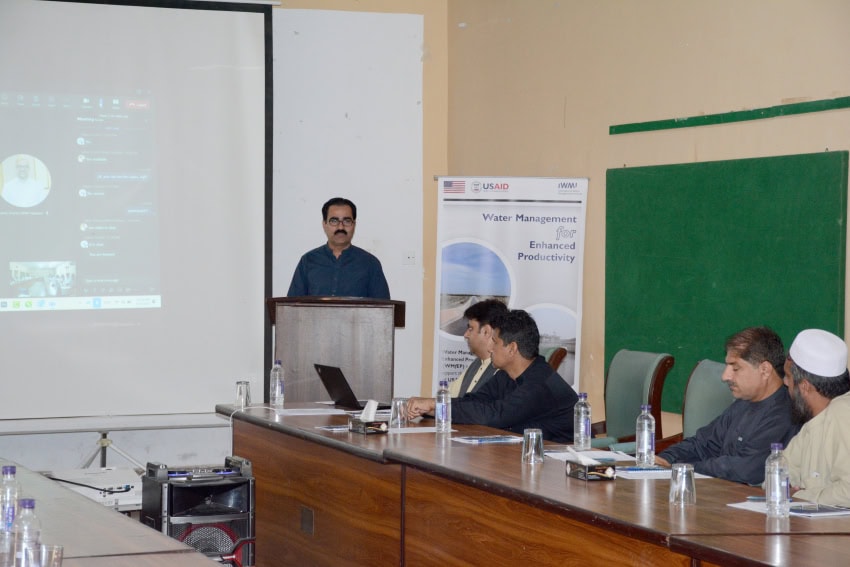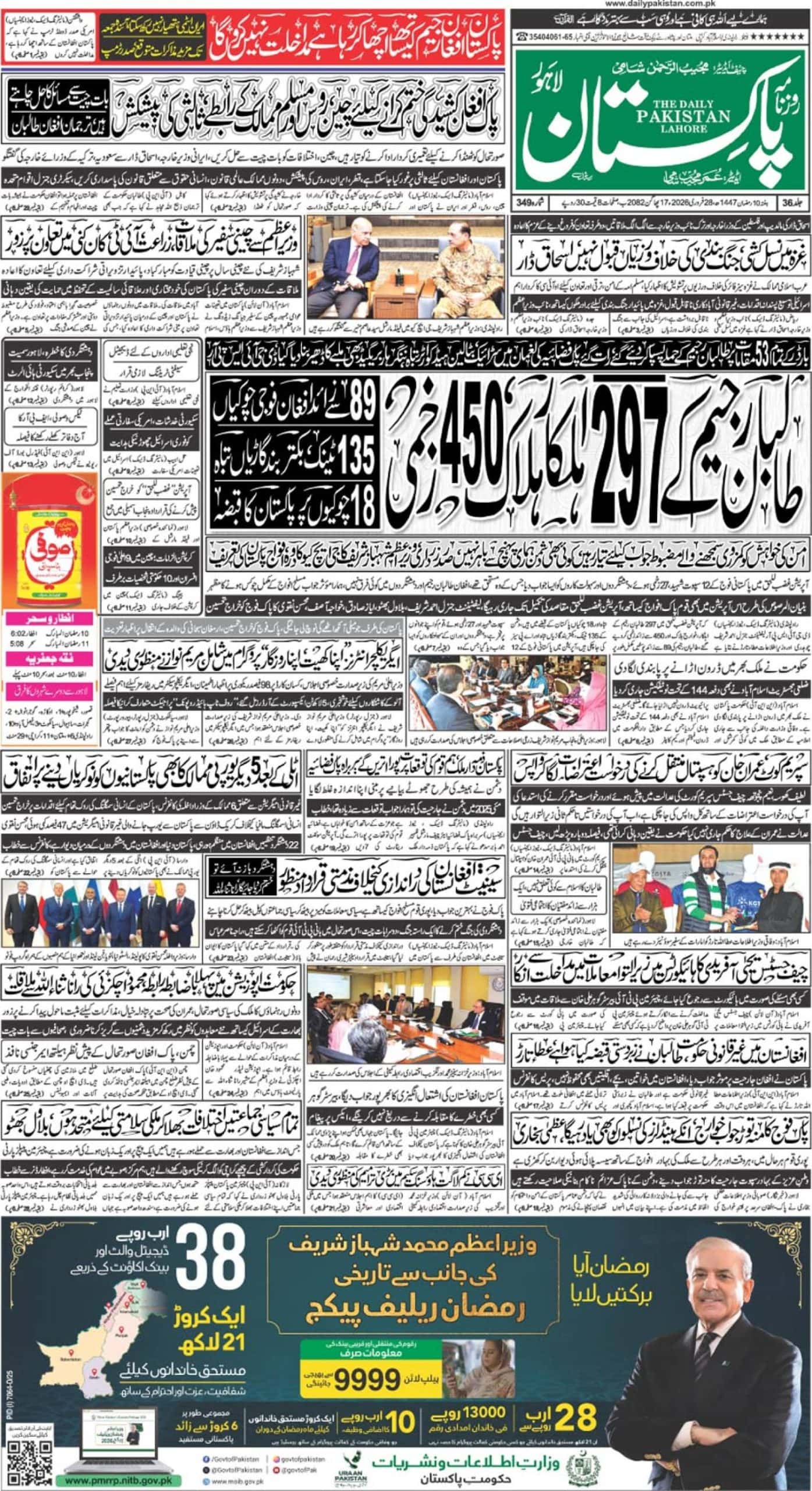DERA ISMAIL KHAN – Climate change is a pressing global issue, impacting all living organisms and natural resources. Human life and the environment are both vulnerable to the hazards associated with anthropogenic changes.
Pakistan is one of the top ten countries most vulnerable to climate change. The agriculture sector is a major contributor to the country’s GDP, with approximately 20% of the total GDP dependent on consistent water availability.
Water supply changes affect crop yields and food production. Awareness campaigns and scientific studies should be conducted in agricultural areas. Results should be used for planning, preparedness, and adaptation measures.
The WMfEP project, which is supported by USAID and overseen by the International Water Management Institute (IWMI) in Pakistan, organized a seminar in the Dera Ismail Khan district. The seminar primarily addressed the impact of climate change on the Gomal Zam Dam command area, with the ultimate goal of raising awareness and encouraging informed decision-making regarding the diverse risks and impacts of climate change. The seminar specifically emphasized the correlation between climate change and agriculture.
Speaking on this occasion, Mr. Muhammad Nawaz, Development Specialist and Mission Environmental Officer, USAID Pakistan said, “Climate change is now a reality. We must understand that the weather patterns are changing drastically, we are facing recurrent floods and droughts and all this is a warning sign. We need to adapt to these challenges and be resilient to the climate shocks, every bigger disaster brings in even a bigger opportunity.”
One of the goals of this seminar was to present the findings of a detailed scientific study conducted by IWMI, in a simple manner to the local audience. The seminar was attended by several institutions including but not limited to the district administration, disaster management authorities, Water and Power Development Authority, government departments (Agriculture, Irrigation), Gomal Zam Dam Command Area Development Project (GZDCADP) staff, academia, and most important of all, the farming community.
Dr Muhammad Tousif Bhatti, Researcher, IWMI/Deputy Chief of Party, WMfEP presented the findings of the scientific study. He said Pakistan regularly experiences some of the highest maximum temperatures in the world, with many regions experiencing temperatures of 38°C and above on an annual basis. When weather patterns converge to deliver prolonged periods of heatwave, serious human health impacts can emerge. Quoting the 2022 floods in the Gomal Zam Dam command area, Dr Bhatti said Gomal Zam Dam Command Area (GZDCA) received high-intensity rainfall during August 2022. The post-flood analysis of satellite images in Google Earth Engine showed that one-third of GZDCA was potentially flooded on 29 Aug 2022.

The consequences of recent climate extremes have created a crisis in the Gomal Zam Dam Command Area, which is vulnerable to climate hazards of heatwaves, heavy rainfall and agricultural drought. The predictions for the near future are alarming and call for a resilient approach. There is an urgent need to assess the adaptive capacity of GZDCA and enhance it to face future calamities in a better way.
It also provided specific planning and adaptation options to the Government Departments i.e., based on inundation maps of 2022 flood to improve flood protection and drainage infrastructure. Design of infrastructure should be based on the forecast of high-intensity rainfall events capable of triggering flood, drought-resistant seed varieties and crops should be promoted, public awareness campaigns regarding heatwaves and what to do during heatwaves, capacity assessment and enhancement of hospitals/clinics for heatstroke and livestock care during heatwaves.

The suggestions made in the study for farming communities included plantation in furrows (better drainage of flood), high-efficiency irrigation systems e.g., drip irrigation (drought), silage making (livestock feed in winter), tunnel farming (control weather) and choice of resilient seed varieties.
The study conducted by IWMI suggests that governments and local authorities need to develop policies that consider climate change impacts on water resources and integrate them into development planning. Raising awareness among communities about the importance of water conservation and sustainable practices can contribute to a more resilient water future.














